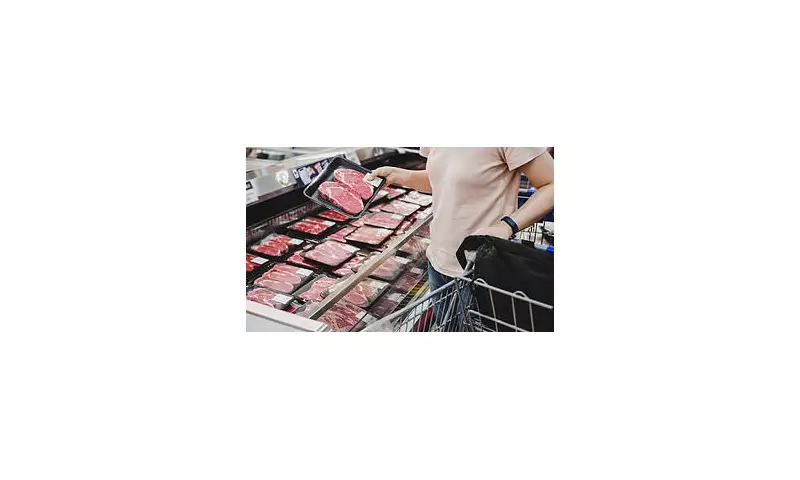
British households are facing a perfect storm at the checkout as extreme weather events across the globe trigger alarming price increases on everyday essentials. Supermarket shelves are telling a worrying story of climate change's direct impact on family budgets.
The Rainfall Revolution: How Weather Is Reshaping Your Shopping Basket
Unprecedented rainfall in key agricultural regions has devastated crops that Britons rely on daily. The consequences are already visible in your local supermarket:
- Tomato turmoil with prices surging as Spanish growing regions battle exceptional downpours
- Tea troubles as Indian and Kenyan producers face climate-related production drops
- Olive oil crisis with Mediterranean heatwaves creating a 50% price explosion
- Cocoa catastrophe seeing chocolate prices reach record highs
Supermarket Squeeze: The Numbers Behind the Crisis
Recent data reveals the stark reality facing consumers. Food inflation remains stubbornly high, with climate-related disruptions accounting for a significant portion of the increases. Industry analysts note that the traditional seasonal patterns that once governed food pricing have been completely upended by volatile weather conditions.
What Experts Are Saying
"We're witnessing a fundamental shift in how weather impacts food security," explains Dr. Sarah Chen, agricultural economist at Oxford University. "The frequency and intensity of these extreme events means price volatility is becoming the new normal for British shoppers."
Supermarket executives are walking a tightrope between absorbing costs and passing them to consumers. Many are implementing creative solutions, including:
- Diversifying sourcing to less climate-vulnerable regions
- Investing in weather-resistant crop varieties
- Developing contingency plans for supply chain disruptions
The Future Forecast: More Turbulence Ahead
Meteorologists and agricultural experts agree that the patterns driving current price increases show no signs of abating. Climate models predict continued instability in traditional growing regions, suggesting that British consumers may need to adapt to permanently higher food costs and changing availability of certain products.
"The era of predictable, stable food prices may be behind us," warns retail analyst Michael Preton. "Consumers should brace for more frequent price fluctuations and consider diversifying their diets to include more climate-resilient foods."
As extreme weather becomes increasingly commonplace, the connection between climate events and supermarket receipts grows ever more direct. For British households, the forecast suggests stormy weather ahead for both the climate and their grocery budgets.





